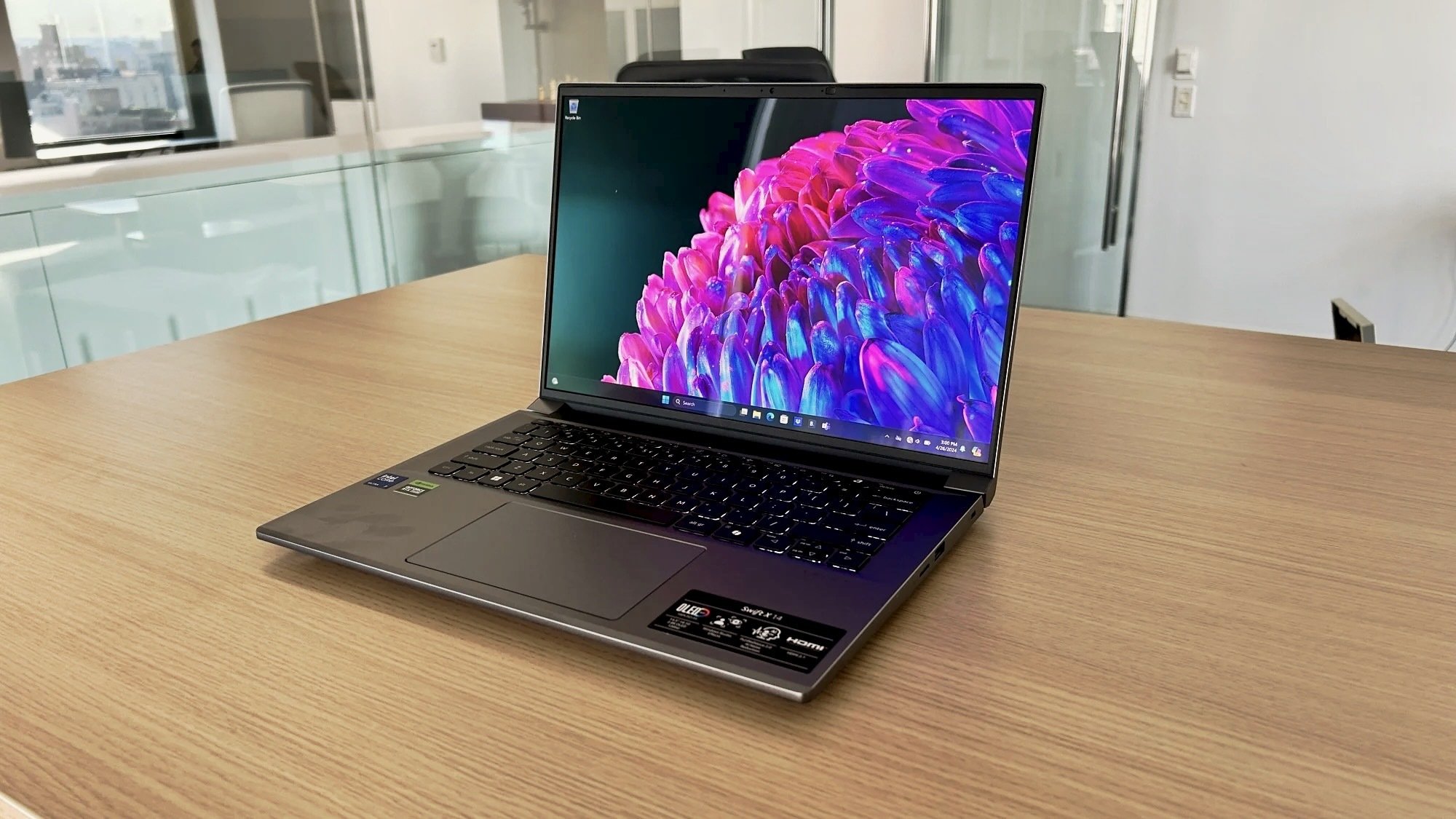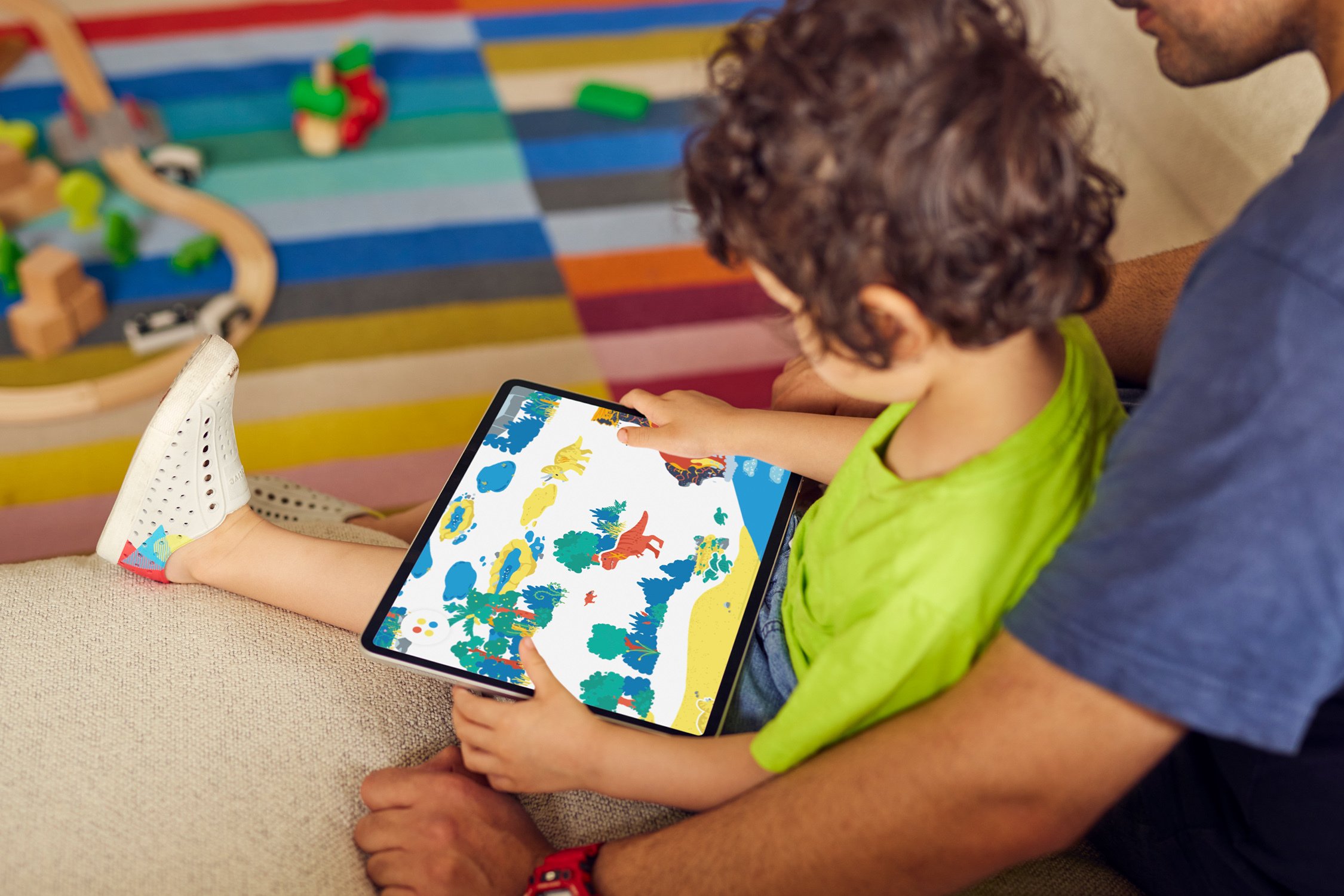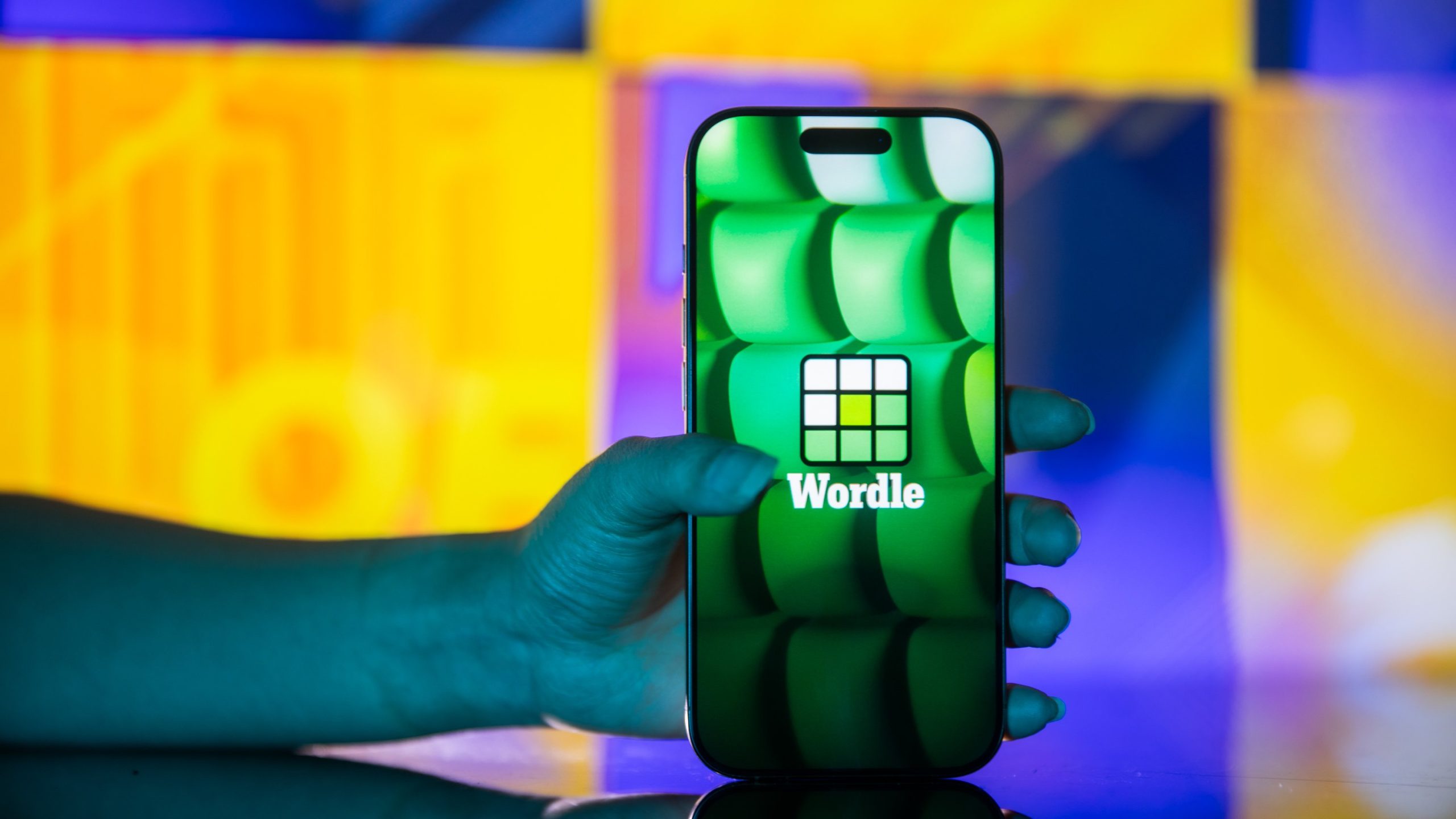We tested the best laptops for college students going back to school

Starting college comes with a lot of tough choices: which dorm to live in, which major to pursue, when to pull an all-nighter, and how many parties to attend on the weekend. But picking the right laptop for school shouldn’t be one of them.
Here at Mashable, we’re constantly testing laptops based on an exhaustive in-house methodology that combines real-world use with performance benchmarking. With this intel in my back pocket, I sought to determine which of our top-reviewed laptops fit the bill for college students this coming semester, prioritizing value and portability.
I also researched leading universities‘ hardware recommendations to identify the processors, RAM, storage, and software compatibility you’ll need. (More on that in the “What to look for in a college laptop” section.)
I settled on five winners across a range of price points, and they should last until graduation or longer. I’m confident they’ll all perform well, fit easily into a backpack, and endure long days on campus.
What’s the best laptop for college students?
To answer this question, you have to answer another one first: Windows or Mac?
The new M4 MacBook Air gets the nod as the best MacBook for college. It offers quiet power; a premium, portable design; an above-average webcam; and all-day battery life for a stellar price. Power users pursuing majors that involve intensive specialty software (such as graphic design, engineering, and computer science) should upgrade to a MacBook Pro with an M4 Pro chip. We tested and loved the 16-inch model, a gorgeous beast of a machine, but a cheaper 14-inch version is also available with nearly identical specs.
Windows users will do well with the Acer Swift X 14 (2024), a 14-inch clamshell laptop with plenty of power, including a dedicated GPU for more demanding coursework, plus a good mix of ports and a vivid OLED display. And if you want a Chromebook for note-taking and other basic tasks, the Lenovo Flex 5i Chromebook Plus is the best model we’ve tried. And in one of the best back-to-school laptop deals I’ve spotted so far, a lesser version of it is on sale for under $400 at Best Buy.
What to look for in a college laptop
Among the 20 top-ranking public universities whose recommendations I read, half tell their students to purchase lightweight Windows 11 laptops or MacBooks that are less than two years old. (Some say you can go even older, but I wouldn’t for the sake of future-proofing.) Most schools advise students to purchase laptops with 16GB of RAM and 512GB of storage at a minimum, but note that more is always better if your budget allows. I’d approach your processor options in the same way. For Windows laptops, start with a mid-range option, like an Intel Core Ultra 5 or 7 chip, and work your way up if possible. For MacBooks, I suggest the M4 chip for value reasons, but more on that in each product breakdown.
Students pursuing humanities majors might be able to get away with just 256GB of storage, but I would supplement that with an external hard drive. In contrast, those enrolled in engineering, graphic design, animation, or computer science programs should default to high-end configurations with at least 24GB or 32GB of memory and 1TB of storage to accommodate their heavier workloads. Some schools also recommend tacking on a dedicated GPU (i.e, Nvidia GeForce RTX graphics) for such coursework.
A few schools noted that ARM-based Windows laptops with Qualcomm’s Snapdragon processors may not work with certain software and peripherals that students will need to use. That includes AutoCAD, a popular 2D and 3D design app. We like a lot of Snapdragon-powered laptops, as they tend to be fast and long-lasting, but I’ve kept them off my list of picks to help students avoid potential compatibility issues. Anything with an Intel or AMD CPU is a go.
Along similar lines, a couple of the schools tell their students not to buy Chromebooks, which are web-based laptops with lesser specs and lower price tags. I’ve included one great Chromebook on my list for any shoppers looking for a cheaper laptop for note-taking and sending emails, but know that it shouldn’t be used as your primary computer, and that it may also be incompatible with certain specialty software.
No matter what kind of laptop you choose, be sure to budget for an extended warranty with accidental damage protection, as suggested by half of my research pool. For reference, AppleCare+ for Mac costs $69.99 to $149.99 a year (or slightly less with education pricing), depending on the MacBook model.
Finally, I don’t recommend purchasing a laptop for college without first checking to see if your major or program has any specific hardware requirements, as they might differ from your school’s broader guidance. For example, Purdue University approves MacBooks for its general student population but tells certain engineering majors to steer clear of them.
Mashable






